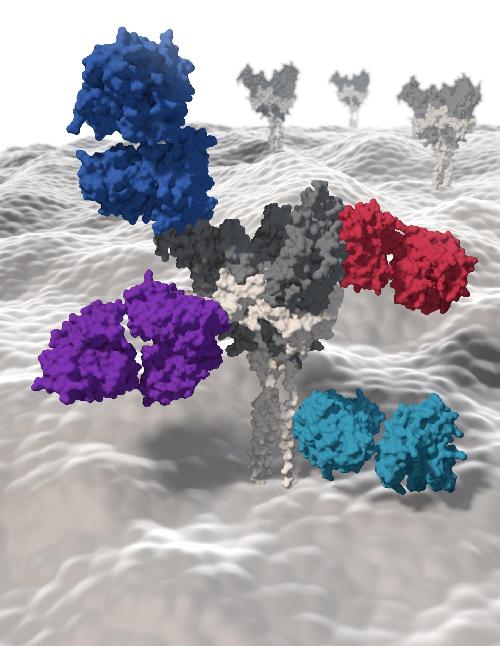Researchers have harvested a robust collection of antibodies from a survivor of the recent Ebola outbreak, and one subset of antibodies was found to be particularly potent for neutralizing the virus in mice. This group of antibodies, which target the stalk of a particular protein in the virus's membrane, could lead to new therapies to fight Ebola. Plasma harvested from one survivor of the 2014 Zaire outbreak demonstrated a particularly strong immune response to the virus three months after infection, and so Zachary Bornholdt et al. analyzed this donor's immune system in greater detail. The authors isolated 349 antibodies from the donor's B cells, which "memorize" pathogens, that work to neutralize Ebola. The team then looked closer at how the antibodies target glycoproteins that coat the surface of the Ebola virus, categorizing the antibodies based on which region of the glycoprotein they target. They found that those that target the stalk of the glycoprotein are particularly potent at neutralizing the virus. Bornholdt et al. then tested the individual antibodies and evaluated their efficacy in mice two days after infection with Ebola. Of all of the antibodies, those targeting the GP stalk region provided the most significant post-exposure protection, with survival rates ranging from 60 to 100%. These results suggest that future therapies that target the stalk of Ebola glycoprotein may be an effective means to neutralize the virus.





Comments